The Royal Commission into Violence, Abuse, Neglect and Exploitation of People with Disability (the Disability Royal Commission) was established in April 2019 in response to widespread reports of violence against, and the neglect, abuse and exploitation of, people with disability.
It will deliver recommendations to government to improve laws, policies, structures and practices to ensure a more inclusive and just society, with a final report due by 29 September 2023.
In her opening statement to the Disability Royal Commission in Brisbane on 16 September 2019, Rebecca Treston QC, Senior Counsel Assisting the Royal Commission, said:
“The Royal Commission provides an unprecedented opportunity, on a national scale, to shine a light on the abuse of people with disability, and to help realise the rights of people with disability, and to promote a more inclusive society. It is an opportunity for healing and a real step towards justice for people with disability. The Commission has the potential to have a transformational effect on the lives of countless Australians both now and in the future.”
The Disability Royal Commission’s terms of reference are very broad and include:
- what should be done to prevent, and better protect, people with a disability from experiencing violence, abuse, neglect and exploitation
- how to achieve best practice in the reporting, investigating, and responding to such conduct
- what should be done to promote a more inclusive society that supports the independence of people with a disability.
The Disability Royal Commission is investigating experiences and conditions in all settings and contexts, including schools, workplaces, jails and detention centres, secure disability and mental health facilities, group homes or boarding houses, family homes, hospitals, and day programs.
The Disability Royal Commission gathers information in a variety of ways, including research, evidence given at public hearings, and personal experiences shared through voluntary submissions and private sessions with a commissioner.
To date, the Disability Royal Commission has conducted 20 public hearings focusing on a variety of topics including:
- the experience of women and girls with disability with a particular focus on family, domestic and sexual violence
- people with cognitive disability and the criminal justice system
- the experiences of First Nations people with disability and their families in contact with child protection systems.
Almost one in five Australians has a disability. Although in many contexts data on disability is limited, the Disability Royal Commission has heard some confronting statistics:
- People with disability experience high rates of violence. Every 10 minutes, someone with profound or severe disability experiences physical or sexual violence.
- People with disability, including young people, are overrepresented across the criminal justice systems in Australia and are at a heightened risk of violence, abuse, neglect and exploitation in criminal justice settings.
- People with cognitive and/or psychosocial disability are significantly overrepresented amongst the group who are charged with or accused of criminal offences. They are also disproportionately victims of abusive or violent criminal conduct.
- The available information suggests that First Nations people with disability are about 14 times more likely to be imprisoned than the general population.
- Women with disability make up around 20% of the total Australian population, but they are nearly half of all domestic violence survivors.
Your Story Disability Legal Support (Your Story) is a national service established to provide free legal information, advice and assistance to people engaging or considering engaging with the Disability Royal Commission. Your Story is independent of the Disability Royal Commission.
Your Story is a partnership between National Legal Aid and the National Aboriginal and Torres Strait Islander Legal Services. In Queensland, the service is delivered through Legal Aid Queensland and the Queensland Indigenous Family Violence Legal Service.
First Nations people contacting Your Story will be connected to our First Nations team if that is their preference.
All our staff work in partnership with communities to provide an accessible, person centred and trauma-informed legal service.
Our priority is to support and empower people with disability, as well as their family, friends, carers and advocates, to safely share their story and connect with support services.
Your Story is targeting groups that are more likely to experience mistreatment such as people with disability from the LGBTIQ+, culturally and linguistically diverse, Aboriginal and Torres Strait Islander communities and people living in group homes, prisons, and detention centres.
People with disability in prison or youth detention can access Your Story through the prison auto-dial telephone systems. Private follow-up conferences with lawyers will then be arranged. Your Story can also help people living in secure mental health facilities and other closed environments to prepare and lodge submissions and register for private sessions.
Most people sharing their experience with the Disability Royal Commission choose to lodge a submission or request a private session. In some circumstances, the Disability Royal Commission may issue a Notice to Produce. Your Story advises clients about the safest way to share their story.
Practitioners are welcome to refer a client who has received a summons to appear at a public hearing of the Disability Royal Commission to Your Story. We will arrange referral to a private firm for legal representation and can assist a client to apply for legal aid under a scheme administered by the Commonwealth Attorney-General’s Department.
However, a person does not need to be a formal witness before the Disability Royal Commission to access free legal support from Your Story.
Queensland practitioners are encouraged to raise awareness about the Disability Royal Commission and Your Story through professional and social networks and consider referring clients to Your Story for free information and advice.
Although not everyone will need legal advice before engaging with the Disability Royal Commission, Your Story can provide advice about:
- using the name of an organisation or person
- how to keep information shared with the Disability Royal Commission private
- what to do about non-disclosure agreements
- protections for whistle-blowers
- protection from retribution and payback.
Many people considering engaging with the Disability Royal Commission raise concerns about privacy and confidentiality. Recent changes to the Royal Commission Act extend the protections available to people who lodge a submission on a confidential basis. The amendments have been welcomed and will prevent confidential submissions being obtained under freedom of information legislation or by subpoena after the Disability Royal Commission ends.
Queensland practitioners also have a valuable contribution to make through individual submissions to the Disability Royal Commission that draw on insights and experience gained through their professional work, in a personal capacity through lived experience of disability, or as a family member, friend or carer of a person with disability.
Free counselling and advocacy services are also available to support people engaging with the Disability Royal Commission. Your Story can refer people to counselling and advocacy services.
Useful resources are available online from the Disability Royal Commission and Your Story.
Clients can also contact Your Story on freecall 1800 77 1800 Monday to Friday or by email, post or online.
People who are deaf, hard of hearing and/or have a speech impairment can use the National Relay Service for support when using the phone. Translating and interpreting services, including Auslan, can also be arranged.
Your Story Disability Legal Support looks forward to working with Queensland practitioners and welcomes your enquiries and referrals.
Steve Wettenhall is a National Legal Aid Queensland Jurisdictional Lawyer.


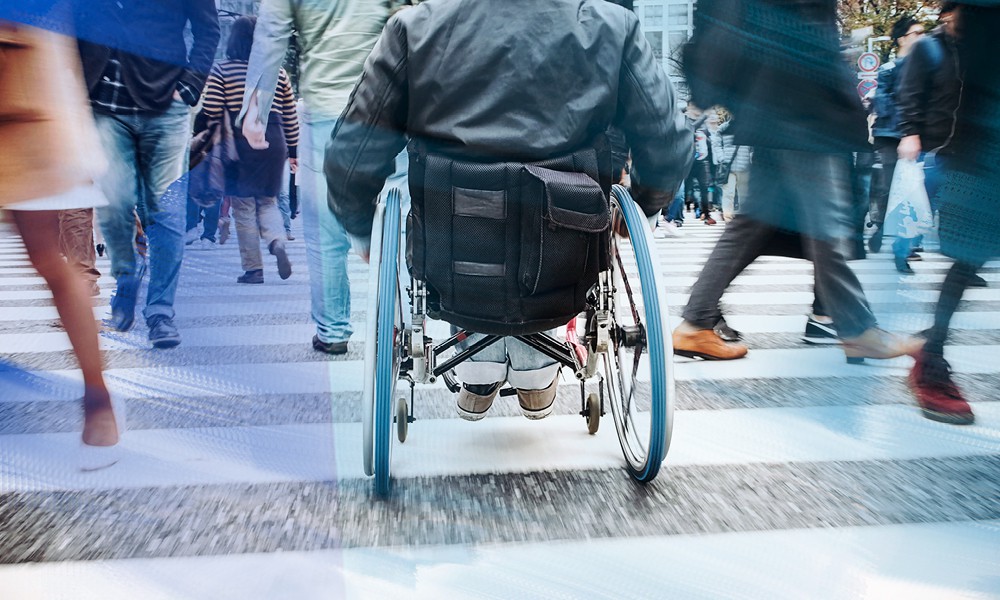

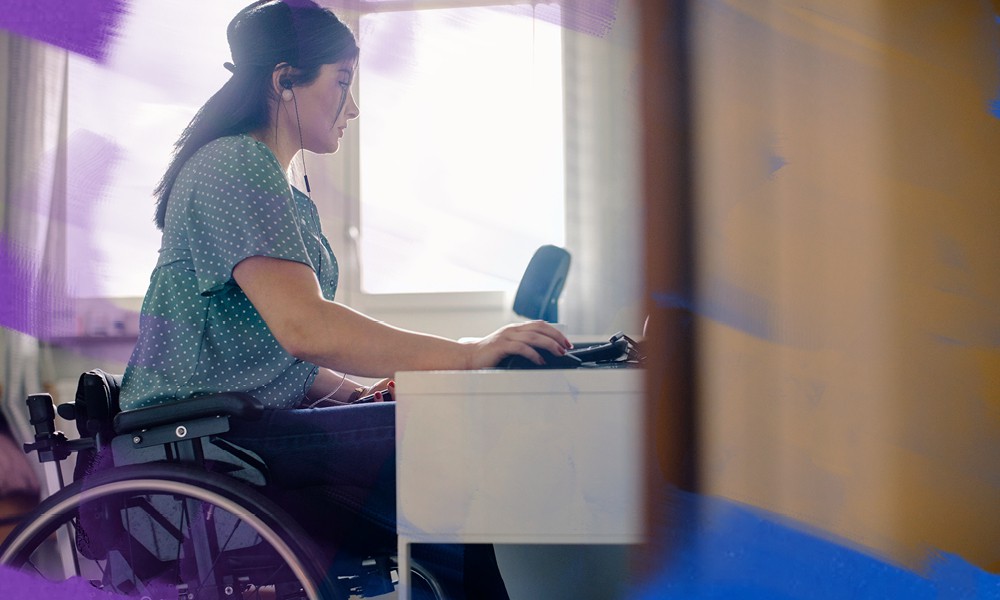



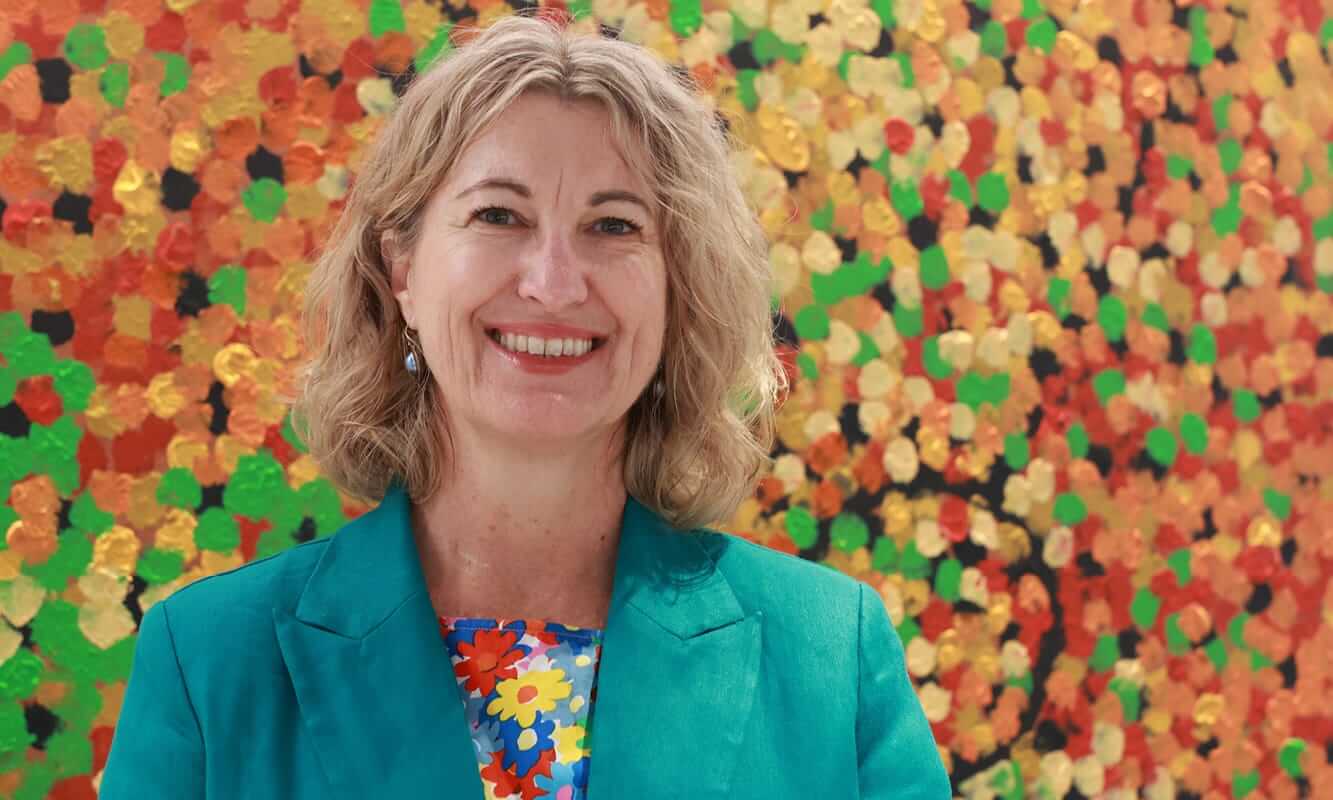
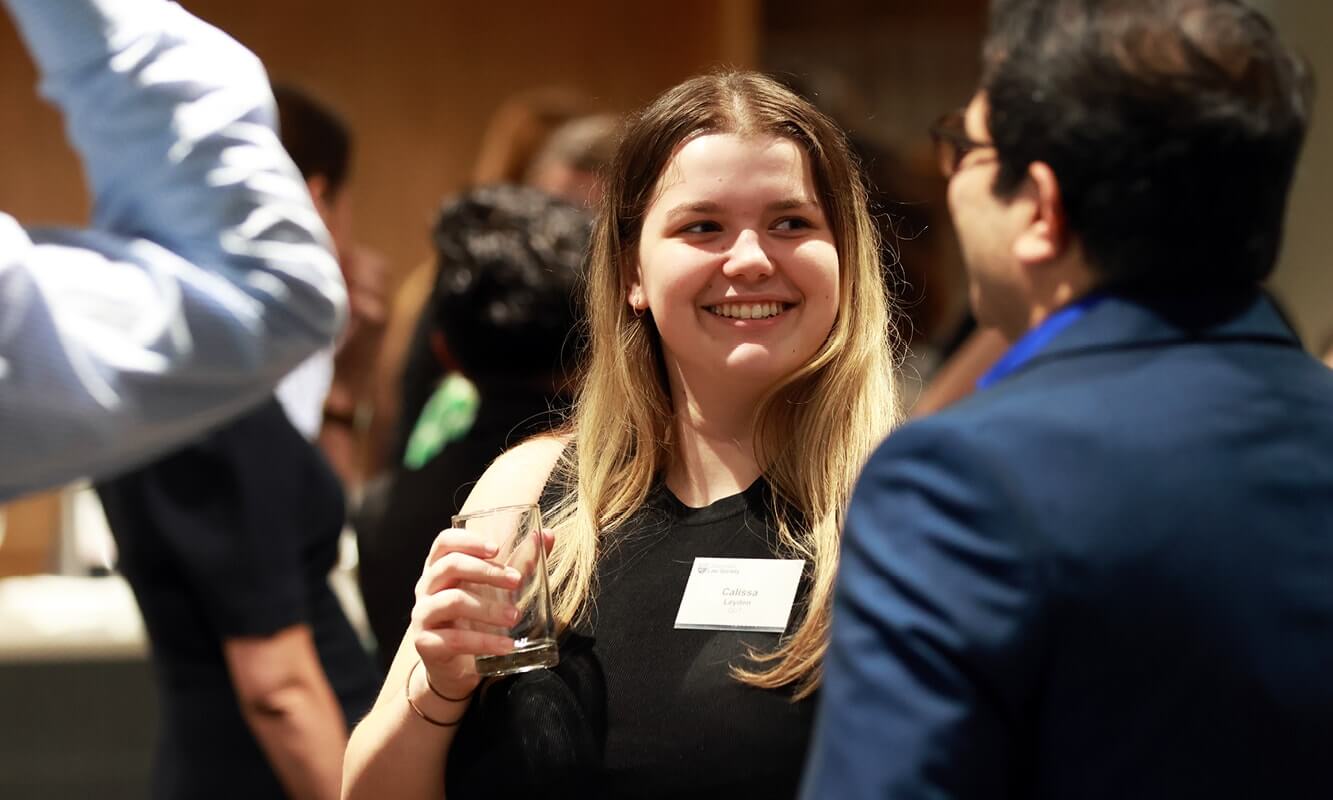
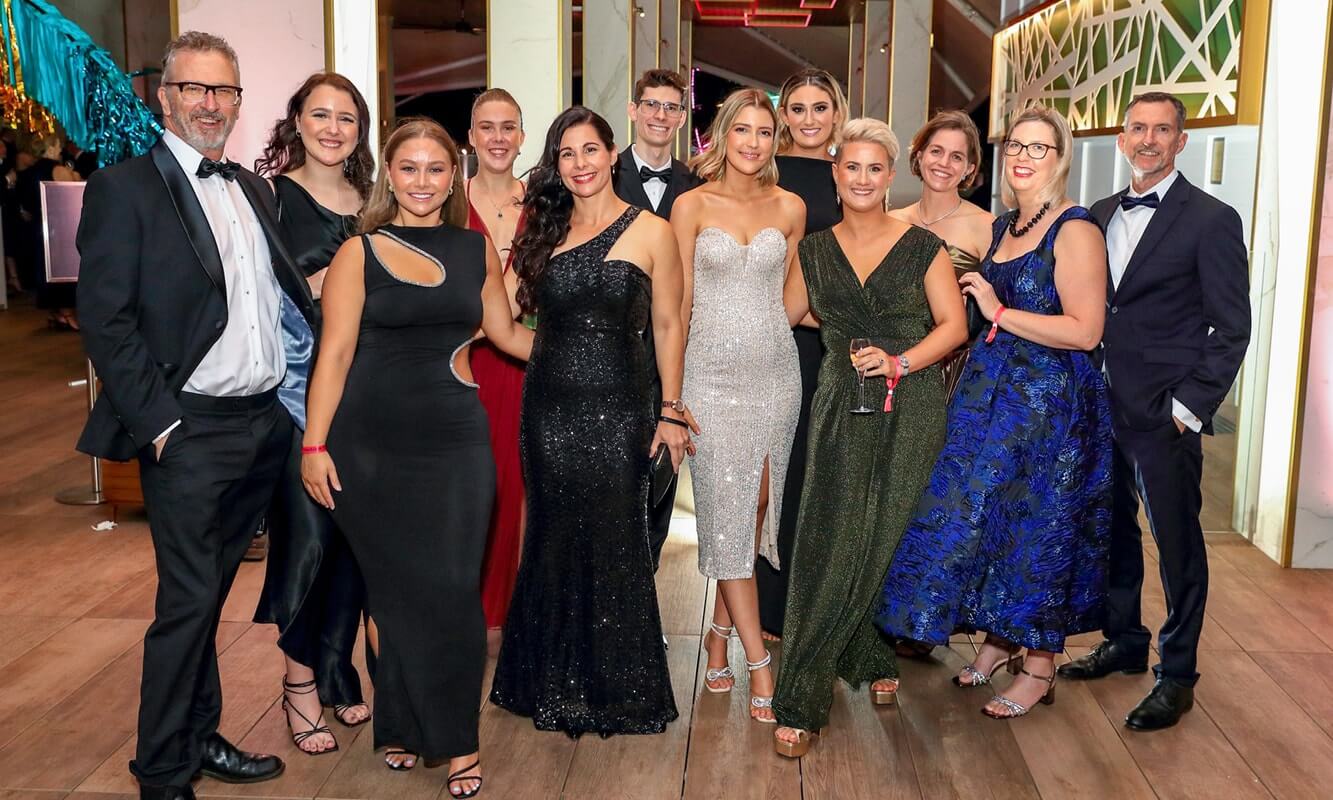

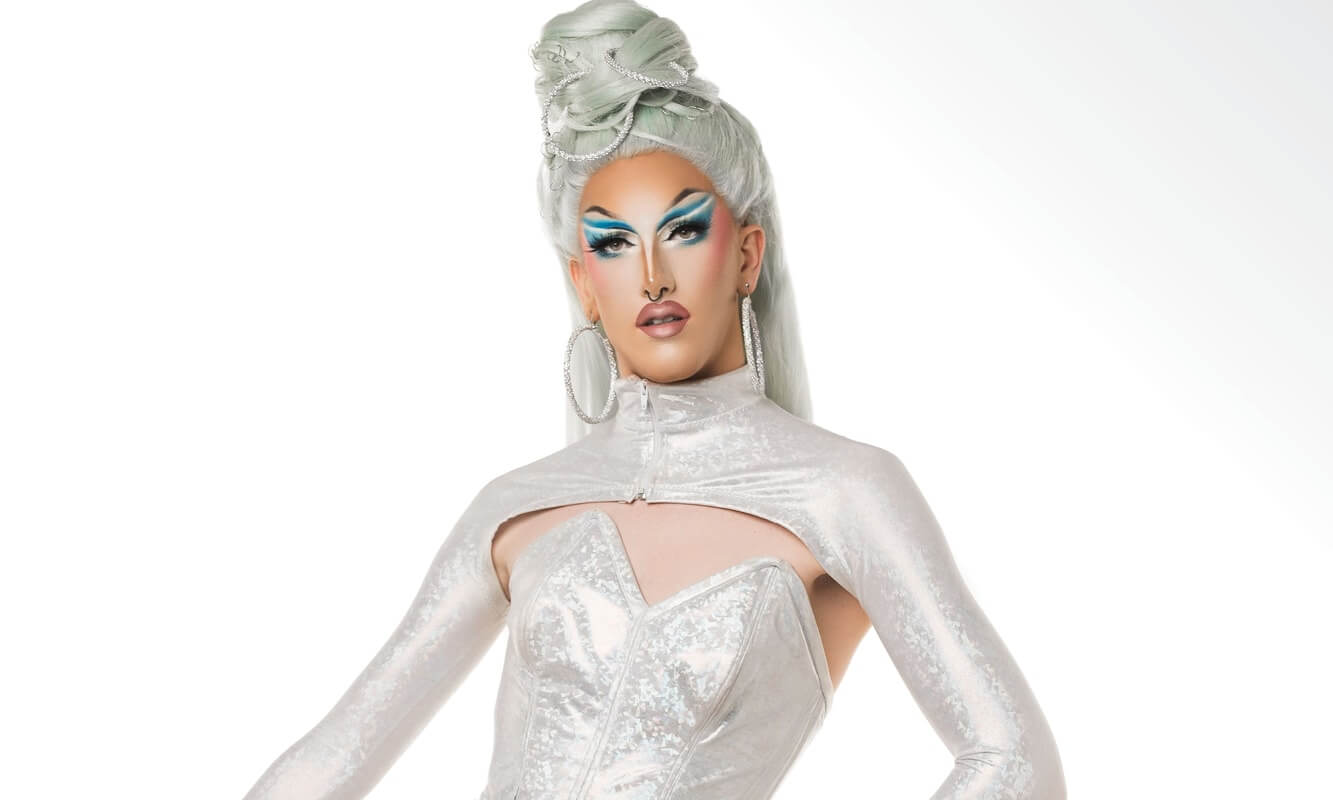


Share this article